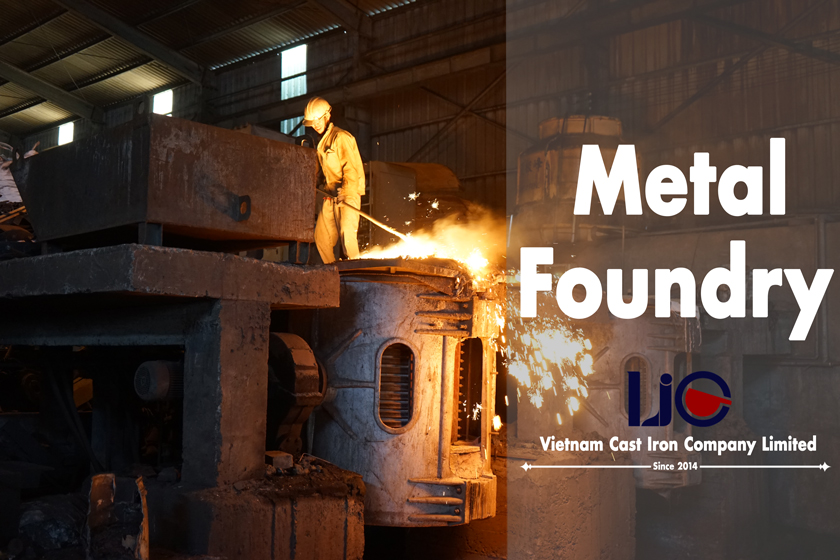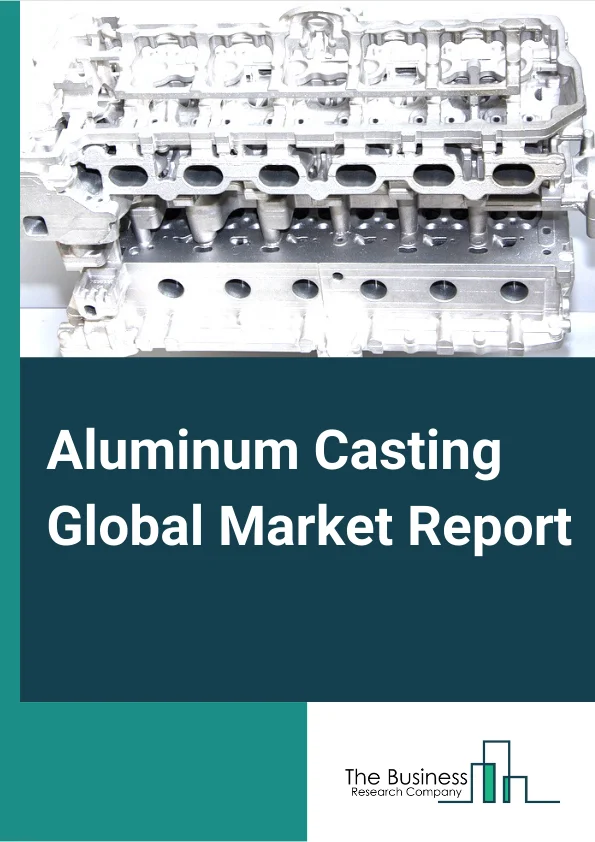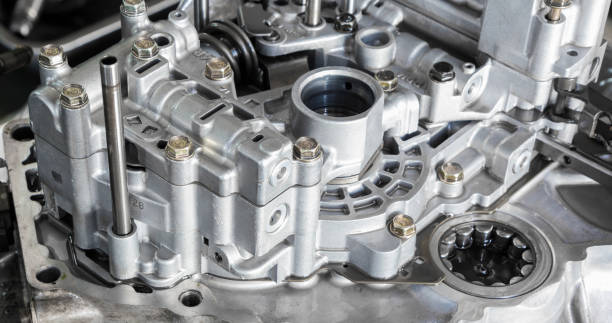Aluminum Castings Company Things To Know Before You Buy
The Ultimate Guide To Aluminum Castings Company
Table of ContentsAluminum Castings Company Things To Know Before You BuyAluminum Castings Company Fundamentals ExplainedFascination About Aluminum Castings CompanyThe Definitive Guide to Aluminum Castings CompanyAluminum Castings Company Fundamentals ExplainedThe 45-Second Trick For Aluminum Castings CompanyAluminum Castings Company Can Be Fun For AnyoneAluminum Castings Company Can Be Fun For Anyone
There are 2 main kinds of die spreading made use of in the light weight aluminum spreading market: warm chamber die spreading and chilly chamber pass away casting. The main distinction between these methods is how the molten steel is supplied to the mold and mildew. In warm chamber pass away spreading, commonly used for reduced melting point metals, the melting pot is straight linked to the maker, and a bettor requires the product with a gooseneck into the die tooth cavity.
Aluminum Castings Company Can Be Fun For Everyone
In these approaches, the mold and mildew is deliberately ruined or damaged away in order to remove the finished aluminum casting. Usual processes under the classification of expendable mold spreading include (investment casting),,, and investment casting. When making personalized light weight aluminum components utilizing expendable molds, producers put liquified light weight aluminum or aluminum alloys into the mold and mildew, which is then broken apart to launch the solidified steel part.
The is among the earliest and most commonly previously owned types of aluminum spreading. It entails condensing specialty foundry sand, typically strengthened with clay or material, around a precisely crafted recyclable pattern that figures out the form and interior information of the finished aluminum product. The pattern system incorporates risers and vents to handle the circulation of liquified steel and to stop casting problems such as contraction porosity.
How Aluminum Castings Company can Save You Time, Stress, and Money.

This mold is after that preheated before the putting of molten light weight aluminum or aluminum alloy. As the metal fills the covering, it records the detailed details and fine surface area finish of the mold. When cooled down, the ceramic is mechanically or chemically escaped, permitting the elimination and separation of private actors parts.
Some Known Questions About Aluminum Castings Company.
Irreversible mold and mildew casting utilizes multiple-use metal molds and is perfect for automation with consistent check here high quality and less waste. Expendable mold and mildew spreading uses single-use mold and mildews, like sand or foam, offering style adaptability and reduced tooling costs for models or short runs. Die spreading is best for generating high volumes of light weight aluminum components that call for limited tolerances, fine information, and smooth surface areas.
The Toshiba Equipment DC-J Collection consists of pass away casting equipments ideal for aluminum. Understood for their robust building and high injection efficiency, these makers guarantee reliable and precise casting (Aluminum Melting and Casting).

While aluminum can be utilized in its pure form, it is usually alloyed with various other metals to improve its properties or the residential properties of the various other metals. Aluminum alloys are classified into 8 series, phoned number from one to 8.
Some Known Facts About Aluminum Castings Company.
This alloying enhances the toughness and solidity of aluminum yet decreases its ductility and deterioration resistance. The 2000 series alloys are challenging to weld but can be warm treated to improve their properties. The 3000 series alloys are primarily alloyed with manganese. This combination boosts deterioration resistance while offering moderate stamina.
Furthermore, it features high ductility and a really smooth ended up surface area. The 4000 collection alloys are alloyed with silicon, which decreases the melting point and enhances fluidness. This makes it a popular choice for casting, as it is simple to develop in its molten state. The 4000 collection is additionally frequently used as a filler for welding and brazing applications.
Not known Details About Aluminum Castings Company
This collection is categorized as a high-strength alloy, especially fit for sheet and plate applications as a result of its outstanding weldability. Its resistance to deterioration from acids and antacid makes it ideal for usage in severe and aggressive atmospheres (Sand Molding). The 6000 collection alloys are alloyed with both magnesium and silicon, supplying an equilibrium of toughness, mechanical residential or commercial properties, and rust resistance
Handling the 6000 collection calls for specialized and sophisticated tools, which can be complex and expensive. Nonetheless, this collection is understood for its excellent deterioration and oxidation resistance, as well as its ease of finishing, treatment, and workability. The 7000 series light weight aluminum alloys are the strongest and most resilient amongst aluminum types, with toughness equivalent to about two-thirds of industrial-grade A3 steel.
Aluminum Castings Company Fundamentals Explained
Zinc is the primary alloying component in the 7000 series, improving the firmness of the aluminum, even though zinc's solidity resembles that of light weight aluminum on the Mohs range. The 8000 series light weight aluminum alloys are primarily alloyed with tin, along with percentages of copper and nickel (Aluminum Sand Castings). While these alloys offer lower stamina compared to various other collection, they master machinability and wear resistance
Light weight aluminum cast heatsinks are electrically conductive, permitting them to be grounded efficiently. They are often cast with integrated attributes that decrease the requirement for secondary operations, such as added machining or assembly, leading to further cost savings. Light weight aluminum spreading is frequently made use of to produce braces for both durable industrial equipment and family appliances.
The 4-Minute Rule for Aluminum Castings Company
The single-piece building of light weight aluminum braces boosts their stamina and durability, minimizing the likelihood of failure. If holes are needed, they can be consisted of straight in the casting mold, reducing the requirement for post-production finishing (https://www.pageorama.com/?p=alumnmcstngs). Producers have increasingly taken on light weight aluminum spreading for golf equipment as a result of its toughness, security, and versatility in shaping